 Over the past few years, I’ve been working with more and more foundations that choose to actively engage in public policy discussions as part of their missions. That’s encouraging, because when you get right down to it, nothing really changes unless public policy supports a change. But working in public policy can be messy, intimidating and often frustrating. Based on what we’ve helped our clients document about their policy work, here are three key things to remember before starting any policy effort.
Over the past few years, I’ve been working with more and more foundations that choose to actively engage in public policy discussions as part of their missions. That’s encouraging, because when you get right down to it, nothing really changes unless public policy supports a change. But working in public policy can be messy, intimidating and often frustrating. Based on what we’ve helped our clients document about their policy work, here are three key things to remember before starting any policy effort.
Engage multiple voices. No one person or organization has all the answers, and no single perspective or experience represents that of the group. The more voices you can engage, and the more varied the experiences and perspectives that are part of the discussion, the more broadly relevant your group’s consensus will be. Whether this is a group that simply raises common issues or makes specific policy recommendations, the level of inclusiveness will directly affect the level of uptake in your community, county, state or across the country.
Wear your moderator hat. As I mentioned above, policy discussions can be quite messy – people fight, they disagree, and they are often very passionate about the issues underlying the policy discussion. Be the facilitator and the convener. Ask clarifying questions. Respect all views. Continually remind participants that it is okay to disagree on parts of the discussion, as long as there can be some level of overall consensus. If you can keep everyone at the table and focused on the goal (of identifying policy issues, identifying potential solutions, identifying strategies for outreach, etc.), then your issue will move forward. If you get caught taking sides, it likely will not.
Shape the process, but don’t influence it. Similar to the point above, funders always run the risk of guiding a policy discussion without meaning to. Make it clear from the outset that you are engaged in policy work to inform the process, not to supply a particular agenda or policy solution. This often requires a good deal of trust-building among those you bring to the table. After all, who’s to say you won’t pull your funding if the discussion doesn’t go the way you’d like? Identify the process outcome you seek (e.g. “create a list of top 5 issues that keep families in poverty” or “a list of potential ways to restructure graduation requirements”), supply as much research as you can, and let the discussion flow where it will.
The wheels of policy change are slow-moving, but absolutely vital to achieving the change we seek. When you undertake the very valuable role your foundation can play in turning those wheels, you help everyone move forward together.
Want more recommendations about engaging in policy work? Be sure to explore Policy: The Essential Investment, that we recently created for Blue Shield of California Foundation. Download the executive summary or the full report from our website.
Kris Putnam-Walkerly, MSW, is a nationally recognized philanthropy consultant. If you need expert advice to meet your year end goals or plan for next year, contact her at kris@putnam-consulting.com. For more tips on grantmaking read her articles, listen to her Smart Philanthropy podcasts or sign up for her Philanthropy411 blog.
© 2015 Kris Putnam-Walkerly. All rights reserved. Permission granted to excerpt or reprint with attribution.






